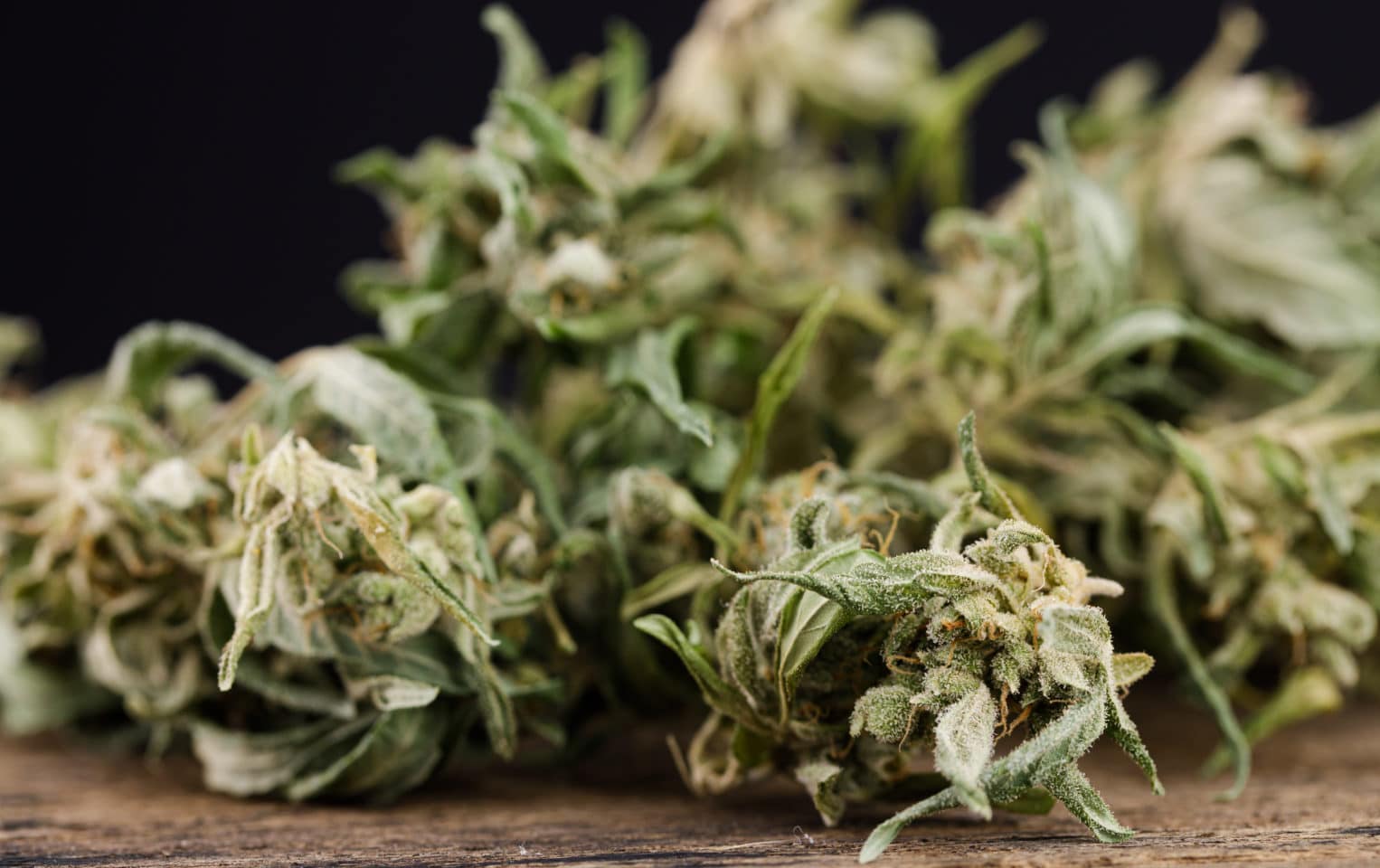
Minnesota House of Representatives to Vote on Full HF 600 Adult Cannabis Bill
The Minnesota House of Representatives is planning a vote Thursday on a bill (HF 600) to legalize adult cannabis in the state. The measure is expected to be passed by a majority of the House Democratic-Farmer-Labor Party (DFL) in the first vote on legalizing cannabis by the entire legislature in its history.
Under HF 600, adults 21 years of age and older are allowed to purchase and use up to 1.5 ounces of recreational marijuana. Adults are allowed to grow up to four mature and four immature cannabis plants at home. The measure would create a legal framework for the operation and taxation of licensed cannabis companies. The cannabis taxes collected would be used for youth access prevention programs and drug abuse treatment.
Under current Minnesota law, possession of even small amounts of marijuana is a criminal offense, although cases containing less than 42.5 grams of cannabis will result in a fine of no more than $ 200 in lieu of jail time.
In addition, the state has a strictly limited medical cannabis program. Patients with one or more of 18 serious medical conditions can participate in the program on the recommendation of a doctor. Smoking cannabis flowers is not permitted under the state medical marijuana program.
Includes social justice provisions in the Bill Minnesota House of Representatives Will vote
The bill, due to be voted on Thursday in the Minnesota House of Representatives, includes social justice provisions to redress the various harms caused in some communities by the failed war on drugs. According to a report by the American Civil Liberties Union last year, Minnesota blacks are more than five times more likely to be arrested for marijuana possession than whites, despite comparable usage rates.
Under HF 600, which is supported by the majority leader of the DFL, Ryan Winkler, and many of his democratic colleagues, previous convictions for many cannabis offenses would automatically be overturned. The move would also provide grants and assistance to allow members of communities hardest hit by the ban to participate in the state’s newly legal cannabis industry.
“It is the best step towards racial justice of any program in the country,” said Winkler, who helps guide legislation through the House. “What I find encouraging is that most people are realizing the need to change the system and change inequalities in the criminal justice system, even if they don’t support full legalization.”
Individuals with convictions for marijuana offenses eligible for expulsion would be identified by the State Prosecution Bureau and the courts would issue deportation orders. A newly formed Cannabis Expungement Board would examine more serious cases on factors such as the amount of cannabis used and whether it was violence to determine whether expulsion or re-conviction was warranted.
Kente Shivers, a Minnesotan who had spent 30 months in jail on a marijuana crime conviction, told local media that the eradication would change his future. Since his release from prison last year, he has found it difficult to find shelter and employment.
“This could help a person like me fix my life,” Shivers said. “I want to be able to work in the cannabis industry and I don’t want it to get in the way.”
To get the bill to a House Floor vote expected on Thursday afternoon, Winkler has passed it through a dozen legislative committees over the past few weeks, with Republican support in the process.
Despite the likely success of the bill in the Minnesota House of Representatives and the support of Democratic Governor Walz, the move is unlikely to win the approval of the Senate Republican majority. Senate Majority Leader Paul Gazelka said he does not consider recreational marijuana legalization a “Minnesota priority.”

Post a comment: